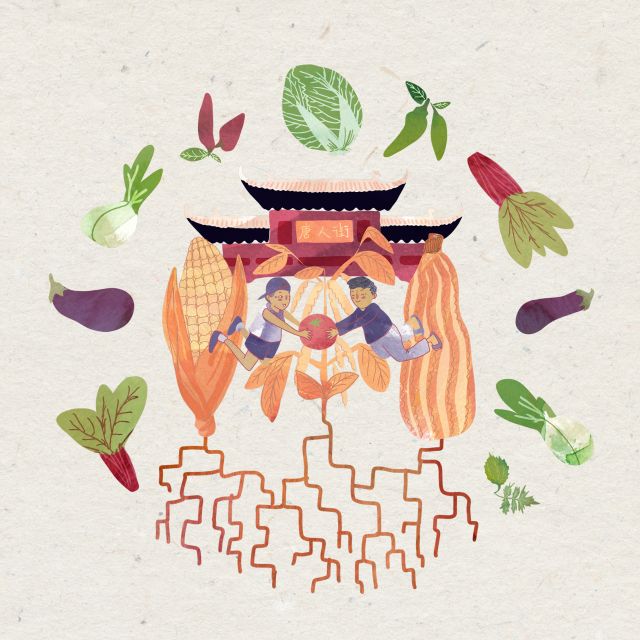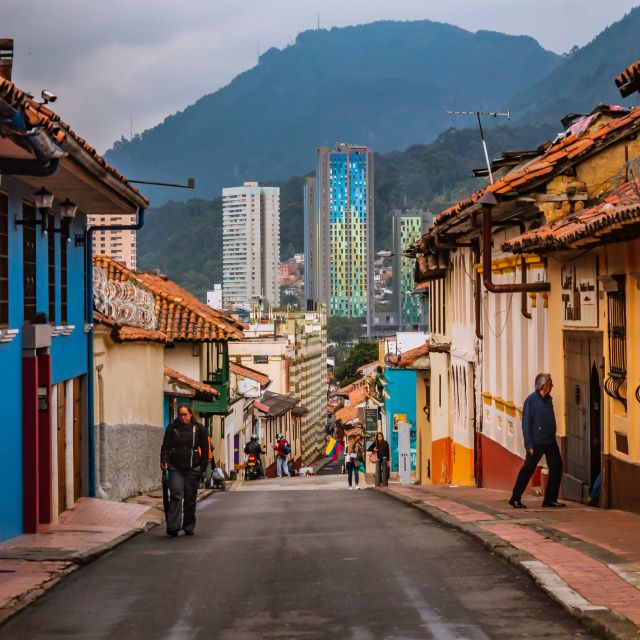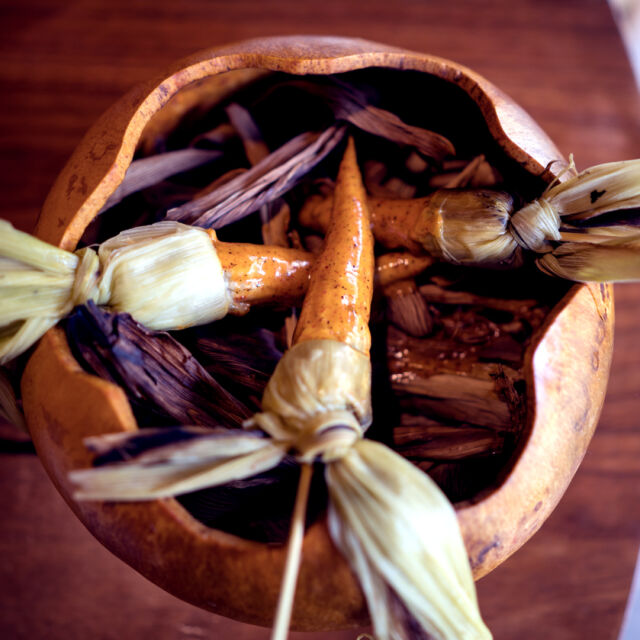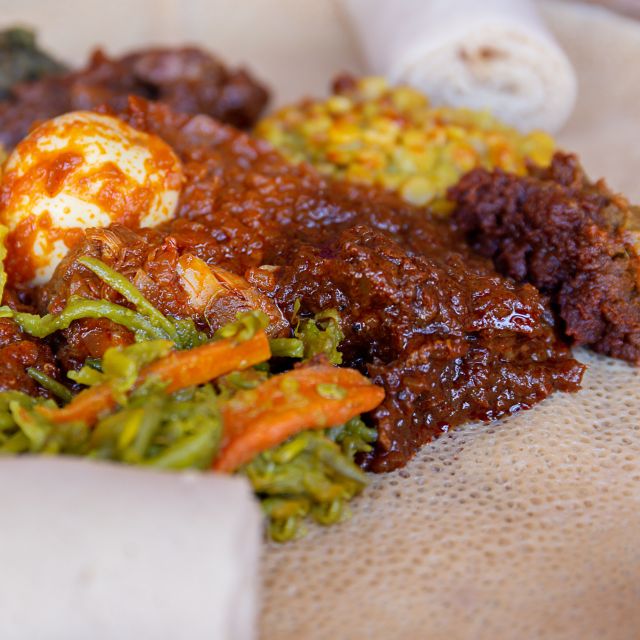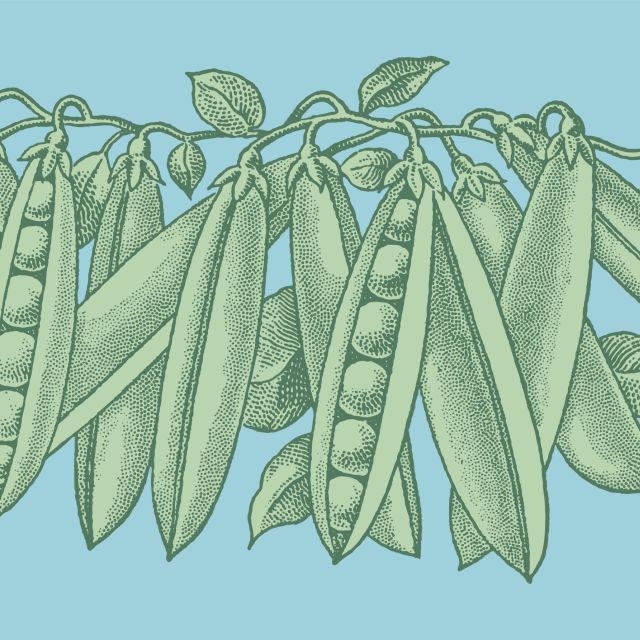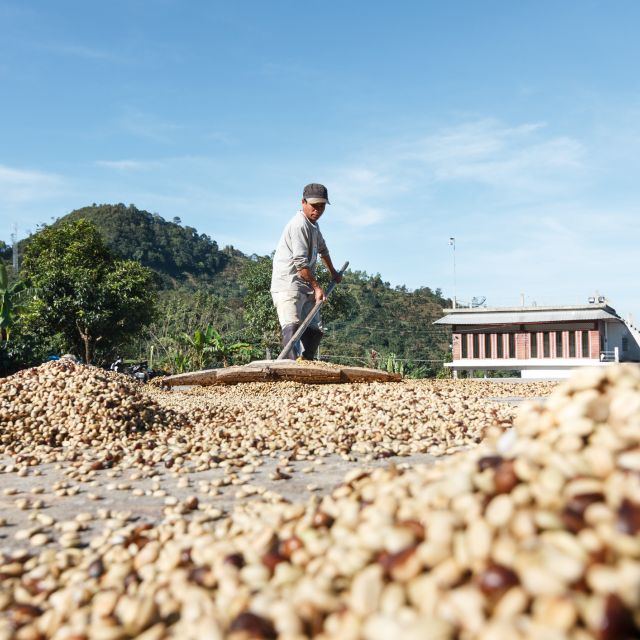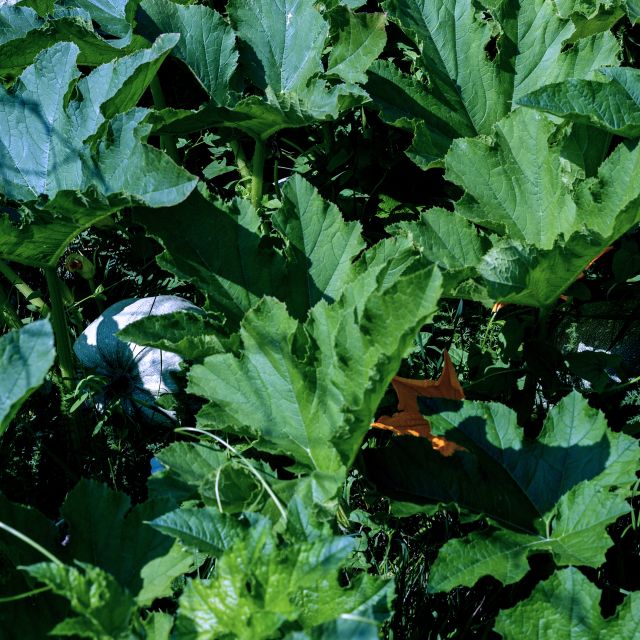- Current Issue
- Monitor Online
- Reports
- Behind the Numbers
- Our Schools / Our Selves
-
- 2SLGBTQ+ Equity
- Agriculture & Farming
- Alberta
- Alternative Federal Budget
- Anti-Black Racism
- Behind the Numbers
- Beyond Recovery
- Book Review
- British Columbia
- Child Care & Early Education
- Cities
- Climate Change
- COVID-19
- Culture
- Data Dashboards
- Degrowth
- Democracy & Electoral Rights
- Digital Divide & Internet Policy
- Disability Justice
- Economic Growth
- Education
- Federal Budgets
- Food Justice
- French
- Gender Equality
- Globalization
- Health Care
- Housing & Homelessness
- In Conversation
- Indigenous Rights
- Inflation
- International Politics
- Just Transition
- Labour & Worker's Rights
- Living Wage
- Manitoba
- Media Democracy
- Migrant Rights
- Minimum Wage
- Monitor Online
- Monitor Print
- Neoliberalism
- New Brunswick
- Newfoundland and Labrador
- Newsletters
- Nova Scotia
- Ontario
- Our Schools Our Selves
- Post Secondary Education
- Poverty & Inequality
- Precarious Work
- Prince Edward Island
- Protest & Social Movements
- Provincial Budgets
- Public Services & Privatization
- Quebec
- Racial Equity
- Reports
- Saskatchewan
- Seniors & Long-Term Care
- Shift Storm
- Social Determinants of Health
- Tax Policy & Tax Fairness
- Trade
- Unemployment & Underemployment
- Urban Space & Right to the City
Archives
Whose Harvest? Decolonizing the food justice movement
September/October 2021 Issue
From the Editor
Back to basics
When it comes to how we approach food programming, we're in dire need of a cultural overhaul.
In this Issue
From rebels to hipsters: Former FARC guerrillas turn to craft beer
Following the historic ceasefire accord of June 2016, former members of the Revolutionary Armed Forces of Colombia have faced stigma when reintegrating into Colombia's formal economy. One solution? Microbrewing.
The gentrification of food: A Mexican example
Mexico City’s Pujol is considered by international critics as one of Mexico’s most prestigious restaurants. But Enrique Olvera has built his prestige upon the appropriation of traditional Mesoamerican ingredients, making his dishes palatable to mainly white and international audiences.
Canadian landlords can be hostile to African food
In July 2019, I and two Black African friends settled into a new apartment in Ottawa. I quickly guessed that our “African food” would become a racial tinder box.
Anti-Black racism in Canada’s food sector
Black food is inextricably linked to Black freedom.
Learning to raise and cook food from nana, not a book
Bress 'n' Nyam and the Black farmers who are returning to the countryside to steward the land.
Hungry for more? Monitor resource list
Our favourite books, podcasts and articles exploring issues related to decolonizing the food justice movement, dismantling anti-fat bias and more!
It’s time to decolonize food
Decolonizing food means much more than being choosy about where you harvest and source your meats and veggies. It’s about being aware that every decision you make has an effect on everything, including what you choose to put in your body.
Demanding justice: Can trade policy be fair?
What role can international trade agreements play in combatting climate change and closing gender gaps?
First do no harm? Weight stigma by the numbers
Decolonizing the food justice movement also requires us to examine the deeply held anti-fat biases that permeate many of these spaces. The Monitor Index details how deep this bias goes and how damaging it is.
Settler work: Answering the call
Digging into reconciliation, the TRC calls to action and the role of settlers in repairing harm
Contributors
Authors appearing in this issue

Róisín West
Róisín (they/she) is the Senior Editor of the Monitor and Behind the Numbers. They write about disability and accessibility, civic engagement, and media. Find them on Twitter at @RoisinWest.

Ambika Samarthya-Howard
Ambika Samarthya-Howard (she/her) is a video producer and communication specialist. From Bollywood to Nigeria, Ambika has been creating, teaching and writing at the intersection of storytelling and social good for two decades. Find her on twitter at @ambiarth.

Anthony Morgan
Anthony N. Morgan is a Toronto-based human rights lawyer, policy consultant and community educator.

Ray Mwareya
Ray Mwareya (he/him) is a freelance food writer and immigrant of color in Ottawa. His work has been published in Ricochet Media and Friends.ca and Newsweek. Find him on twitter at @RMwareya

Jumko Ogata-Aguilar
Jumko Ogata-Aguilar (she/her/ella) is an AfroJapanese and pocha writer and film critic from Veracruz, Mexico. Her work explores racial and cultural diversity in Mexico, as well as racist representations in film and literature in Mexico and the U.S. Find her on Twitter at @latinamericanah.
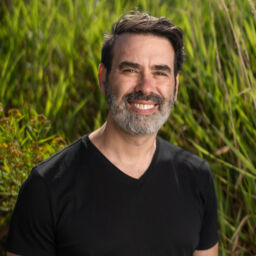
Gavin Fridell
Gavin Fridell is a University Research Professor in Global Development Studies at Saint Mary’s University in Halifax and a member of the CCPA’s Trade and Investment Research Project (TIRP). He is co-editor, with Zack Gross and Sean McHugh, of The Fair Trade Handbook: Building a Better World, Together.

Kate Ervine
Kate Ervine (she/her) is an Associate Professor in International Development Studies at Saint Mary's University in Halifax and a Faculty Associate with SMU's School of the Environment. Her books include Carbon with Polity Press

Diamond Yao
Diamond Yao (she/her) is an independent writer/journalist from Montreal/Tio’tia:ke who focuses on contemporary social and environmental issues. She aims to bring underreported stories and perspectives into important conversations. Her work focuses on marginalized voices, intersectionality, diaspora, sustainability and social justice. Find her on Twitter at @graceofyul.

Justine Deschenes
Justine Deschenes (she/her) is Algonquin (Anishinaabe) from Kitigan Zibi QC. She is a mother, dog lover, chef, activist, and cultural and food ambassador. Justine hosts live cooking demonstrations on Instagram, TikTok and Facebook using the handle @JustineCooks.

Cruz Bonlarron Martínez
Cruz Bonlarron Martínez (he/him) is an independent writer and researcher currently living in Colombia. He writes on politics, human rights, and culture in Latin America and the Latin American diaspora. Follow him on twitter at @cruzbonmar.
Show your support
We provide you with groundbreaking and timely progressive commentary and analysis on the key policy issues of the day. Help us keep the online Monitor free from paywalls. Donate a minimum of $35 today and you’ll also receive the print Monitor magazine in your mailbox six times a year.
Support the Monitor

